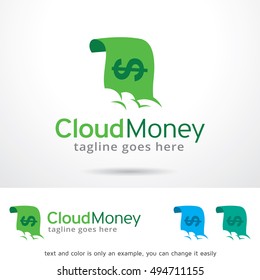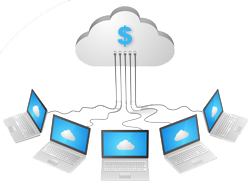

Basically, the Chinese government doesn’t like to see big fluctuations in the Renminbi’s exchange rate and will intervene from time to time to avoid this. Learn more about managing payments while traveling in China here.ġ00 RMB (pronounced yi bai yuan or yi bai kuai)ĥ0 RMB (pronounced wu shi yuan or wu shi kuai)Ģ0 RMB (pronounced er shi yuan or er shi kuai)Ĭhinese currency is not freely convertible, which means the exchange rate of RMB is sometimes affected by the government and can be difficult to predict. If someone insists on you paying the small change, you can just give them one yuan and tell them to keep the change instead. Many places just round up or down to the nearest whole number. One yuan coins are also widely used.ĭue to inflation, banknotes or coins with a value of less than one yuan, including one jiao and five jiao, are rarely used in China. Hong Kong's currency is the Hong Kong Dollar and Macau's currency is called the Pataca.Ĭommonly used bank notes and coins in ChinaĪt present, banknotes in denominations of one, five, 10, 20, 50, and 100 yuan are in circulation. The Chinese yuan or RMB is only used in Mainland China. This can be called one "mao" or one "jiao." Both refer to the same thing: 1/10 of a yuan. To further confuse you, there are two names for 1/10th of a Chinese yuan. However, in most stores and restaurants in China, the symbol is represented by the Chinese character 元 instead, which is pronounced "yuan." While traveling in China, you will also hear people say "kuai," pronounced “kwai”, which is a local word for yuan. The official symbol for the Chinese yuan is ¥. You can write either CNY 1,000 or RMB 1,000. The most widespread international usage is yuan, which is abbreviated to CNY. The official name for Chinese currency is Renminbi, which literally translates to People's Currency and is abbreviated to RMB. In English, some people call it the Chinese "dollar." In Chinese, there are three common names and two symbols in regular use.
#Chinese cloud money how to
"We urge you to use all available tools to engage in decisive action against these firms, through sanctions, export restrictions, and investment bans, and to further investigate PRC cloud computing service companies," said the Tuesday letter by Republican senators.Travelers to China are often confused by how to refer to Chinese money. The company denies that it poses a security risk.

In May 2019, the Commerce Department added Huawei to the export control list over U.S. "I am in broad agreement with you," Raimondo told Hagerty. Hagerty asked Raimondo at the hearing to consider adding the companies, citing "very significant risks" and Raimondo said she would look closely. Huawei Technologies and Alibaba did not respond to requests for comments. The letter led by Senator Bill Hagerty said Chinese cloud computing companies "are increasingly engaging with foreign entities - in some cases sanctioned foreign entities - that are directly challenging the national security and economic security interests of the United States and our allies and partners." Raimondo said about a quarter of the Chinese companies on the export control list were added under her tenure "and we have to continue," she added, saying the department needs additional resources to review export control issues. "I've put over 200 Chinese companies on the entity list in my tenure and we are actively, constantly investigating additional threats and if and as we think companies need to go onto the list, I will not hesitate," she said at a Senate Appropriations Committee hearing. Raimondo said the Chinese cloud companies could pose a threat. They want Raimondo to add the companies to the Entity List, which imposes U.S. A group of nine Republican senators on Tuesday urged the Biden administration to impose sanctions on Huawei Technologies Co's cloud unit, Alibaba Cloud and other Chinese cloud service providers.


 0 kommentar(er)
0 kommentar(er)
